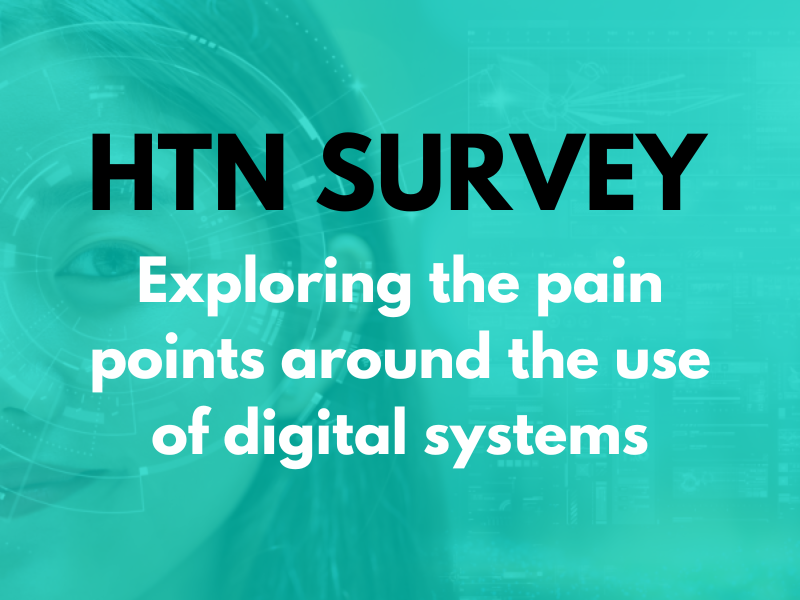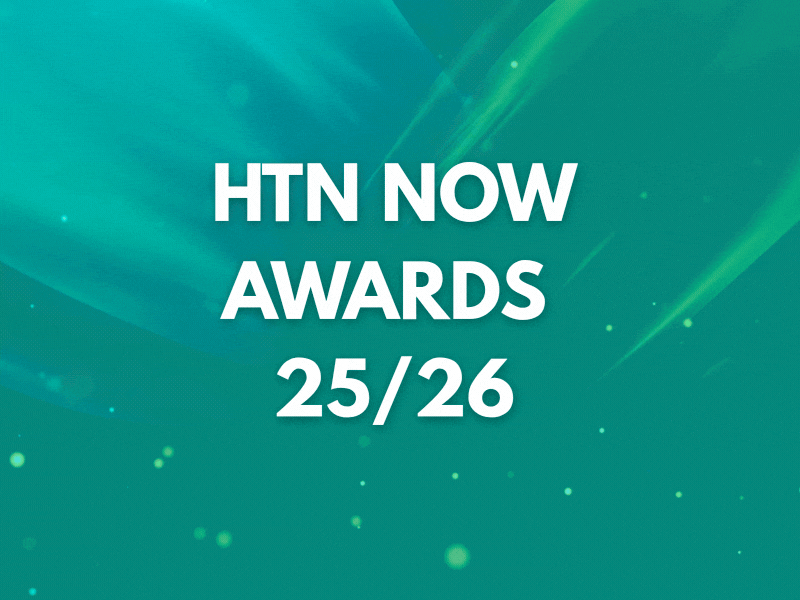News broke this morning, Matt Hancock announced a new £250 million fund for a National Artificial Intelligence Lab to be led by NHSX and the Accelerated Access Collaborative.
Hadley Beeman, Tara Donnelly, Dr Sam Roberts commented on the news:
Hadley Beeman, Chief Technology Offier, NHSX “We will be transforming some of our community’s best efforts to improve health and care, using applied AI. Cancer screening and detecting results on scans, predicting load on beds or medicines, detecting patients at risk of post-op complications… The AI lab could do a lot to improve the data-driven NHS and care system we know we need.
“It’s early days, but we hope to bring together clinicians, academics and AI researchers, combined with our users — patients and staff alike — to work on problems we face.
“We know our approach to AI needs to be as fair as possible, minimising bias and respecting people’s confidentiality. Building in ethics, privacy and respect for people’s rights and interests will be critical to building the most advanced health and care system in the world.”
On Twitter NHSX broke the news commenting “Yes the AI Lab is new money. And yes we need to fix the basics too, but it’s not either/or. Staying ahead of where the tech is going is good for the NHS. One reason why the NHS struggles with interoperability now is that we failed to futureproof our technology in the past.”
Tara Donnelly, Chief Digital Officer, NHSX and Dr Sam Roberts, Chief Executive, Accelerated Access Collaborative said “We are delighted with today’s announcement that the government will invest £250 million in artificial intelligence to help solve some of healthcare’s toughest challenges, including earlier cancer detection, discovering new treatments and relieving the workload on our NHS workforce.
“The UK is making progress in its fight against cancer, but these improvements are only significant when we are able to detect the disease at an early enough point for treatments to work.
“Many women with early stage ovarian cancer will have no symptoms at all, meaning they can often be diagnosed when the disease is advanced, and the differences are stark – 90% of women diagnosed with ovarian cancer at an early stage survive their disease for at least 5 years compared to just 5% for those diagnosed at a late stage.
“We are currently seeing some great and very practical uses of artificial intelligence from changing traffic lights in favour of ambulances in Liverpool, to the design, in days rather than weeks, of personalised spinal splints for children with disabilities. Both of these examples have been devised and developed by small British digital health companies seeking to use technology for good in healthcare.
“The new AI lab, set up in partnership with the Accelerated Access Collaborative, will be a place where we can do this and within safe and ethical boundaries, speed up the work so we can get benefits to more people – patients and staff alike – more quickly.
“Within the AI lab, we will prioritise supporting those solutions that can help busy staff in the NHS in very practical ways, what Dr Eric Topol describes as “the gift of time”, so that they have more time to spend with patients in direct care.
“We firmly believe that this is a necessary and positive investment in the future of UK and the NHS, but we understand that there are valid concerns about the privacy of health data and the job security of frontline staff.
“This is why we see AI as being a tool to augment and help clinicians – not replace them, and why any company wishing to engage with the NHS through the AI Lab will be obliged to comply with the Code of Conduct. It is why we plan for the activities of the Lab to be overseen by a network of experts comprised of technicians, policymakers, clinicians, patient representative groups, regulators, academics and data ethicists.”






